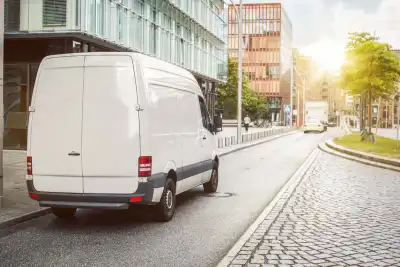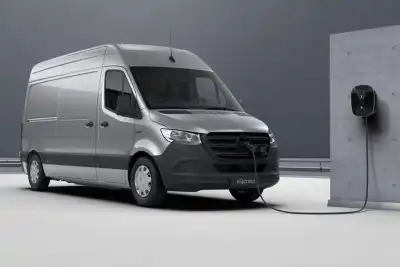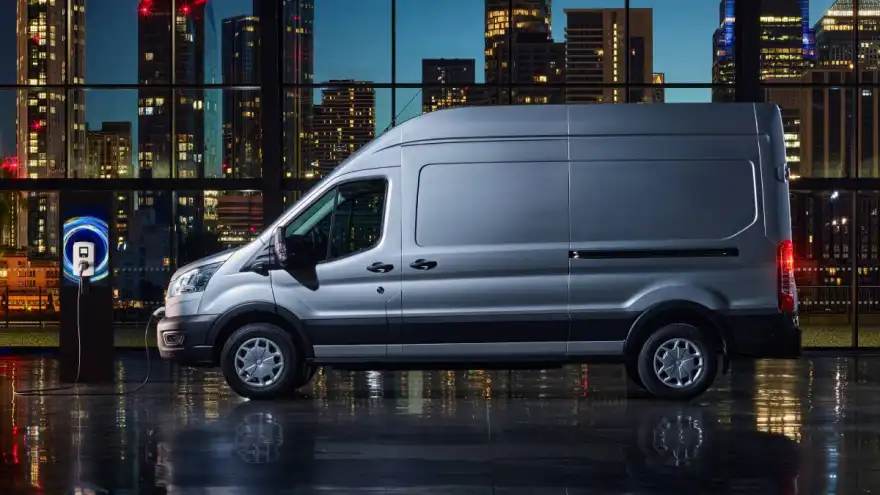
With new plug-in hybrid or all-electric cars being launched seemingly every day, we often don’t hear about the equivalent in commercial vans.
After all, it stands to reason that if there's a market for electric cars, there must also be one for tradespeople, delivery drivers and the like.
The first all-electric vans have been around for a while now, although it’s true to say they have been a bit slower to the party than cars.
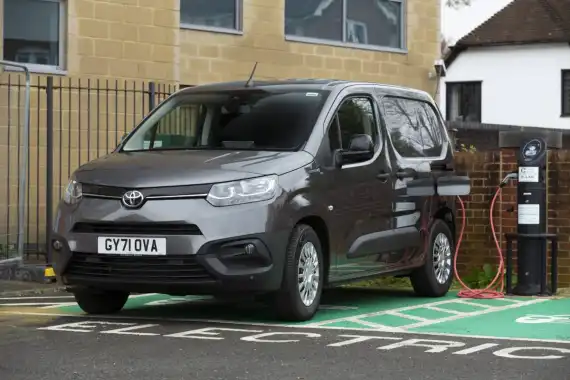
One of the main reasons is range. Unfortunately, even the best electric cars are still only managing to cover around 300 miles nowadays – and real-world range is often nowhere near that figure.
Add that to range anxiety, lengthy charging times, concerns over the availability of public charging points and the weight of all those batteries - and it’s clear why more needs to be done to make electric vans viable.
As a result, it’s no surprise that, until now, the only commercial vehicles adequately suited to being all-electric models were the ones that didn’t need to travel very far.
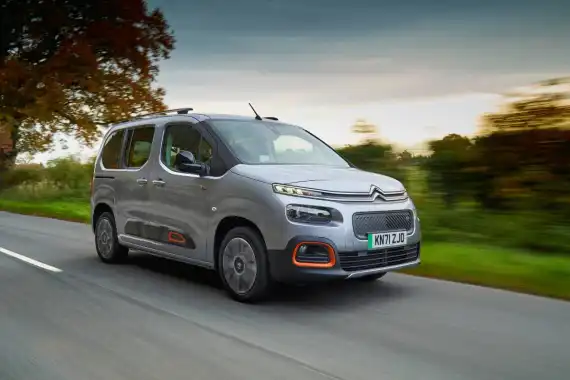
Of course, there are plenty of excellent vans – and none more so iconic than the great Transit. So, with Ford’s all-electric version of its flagship commercial carrier starting to hit the roads, this surely will open the floodgates.
Nevertheless, there’s still a wide selection of electric vans already available. So, what’s out there and are they any good?
Look no further than the Toyota Proace City Electric if you're looking for a small van. Its DNA is identical to its cousins in the Stellantis group – the Citroen e-Berlingo, the Peugeot e-Partner and the Vauxhall Combo-e. But Toyota is selling it fractionally cheaper and gives you up to a 10-year warranty. It also boasts around a 170-mile range and has a payload of over 750kg.
If you’re looking for something a little taller, then Nissan’s e-NV200 could be one to consider. It only has a 124-mile range and a payload of 705kg, but its height means it’s easier to load, and it's fractionally cheaper than the Stellantis models.
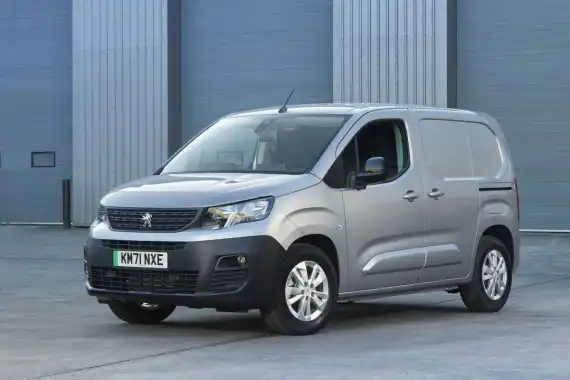
What’s more, it may shock you to learn that the e-NV200 has been around for a decade already and it’s going out of production soon, being replaced by a new model called the Townstar. So, it's possible some clearance sales may be in order if you’re quick.
The Toyota Proace Electric (not to be confused with the smaller City Electric) is a little bigger, with a 205-mile range and a 1,226kg payload. It counts the Vauxhall Vivaro-e, Peugeot e-Expert and Citroen e-Dispatch as its cousins from Stellantis. But, like the City Electric, it also features that 10-year warranty.
The Fiat E-Ducato is also worth thinking about for those who need something full-sized. With a range of up to 175-miles, it'll transport 1,885kg of cargo, which is the largest on the electric market today. Mind you, the arrival of Ford’s E-Transit has narrowed the gap significantly.
Many of these manufacturers turned up at the 2022 Commercial Vehicle Show at Birmingham's National Exhibition Centre.
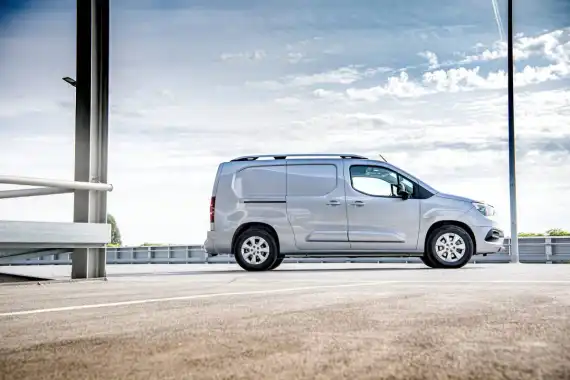
The new E-Transit was among those shown off, boasting a 67kW battery, 269PS, 196 miles of range and, at £42,695 (plus VAT), it undercuts the Fiat by around £5,000 (excluding VAT) - and charges twice as fast.
For those who need to push to extremes, the E-Ducato has a larger 79kW battery available. But it costs nearly half as much again on top of an E-Transit.
Four other all-electric vans from Ford, including the recently revealed Transit Custom, will also arrive over the next couple of years.
Incidentally, ‘Ford Pro’ is the automaker’s new support business offering the charging, fleet intelligence and proactive maintenance necessary to run a productive and efficient electric van fleet.
Those who need a pick-up truck might like to know that another model unveiled by Ford is the all-electric Ranger, developed in partnership with Volkswagen, seeing VW launch a new all-electric version of its near-identical Amarok.
Also in attendance was INEOS – a name you might recognise as a sponsor of the Mercedes Formula One team – owned by the billionaire Sir Jim Ratcliffe. INEOS's first vehicle, the Grenadier 4x4 off-roader, is imminently going into production. But there's also going to be a commercial version of it, although a choice of BMW six-cylinder engines means it’s far from being all-electric for now.
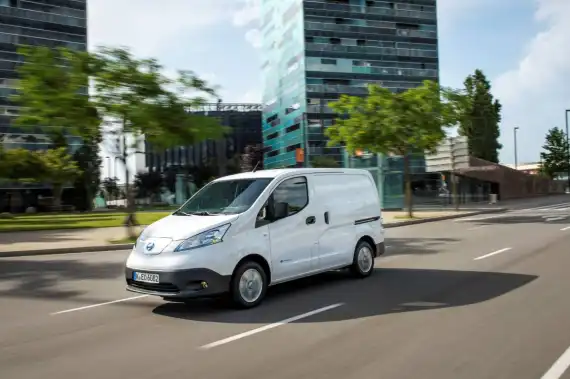
And, curiously, if you’ve not heard of LEVC before, that’s because it primarily makes taxis (you may know it better as the Coventry-based London Electric Vehicle Company, famous for making London’s black taxi cabs).
If you imagine a modern take on the classic London taxi, then attach the back end of a van onto it, you have an LEVC VN5 – the firm’s first electric van. However, unusually, it has a 1.5-litre three-cylinder petrol engine that charges the battery but doesn’t get involved in driving the wheels.
Nevertheless, if you have range anxiety but want to sample the all-electric world, then the VN5 can manage 61-miles of range before the engine is required to top up its 31kW battery.
Payload ranges from 680 to 830kg depending on whether you choose the Business, City or Ultima trim. But, most of all, if you're a van driver who has secret fantasies of being Mr London Black Cabbie, then your dreams may just have come true!

